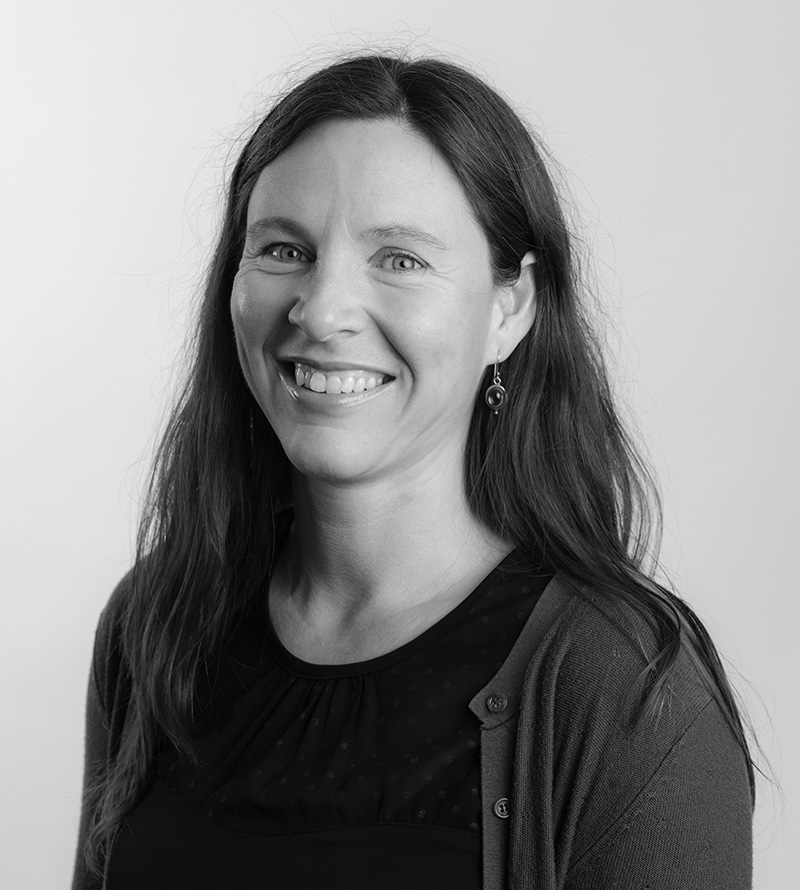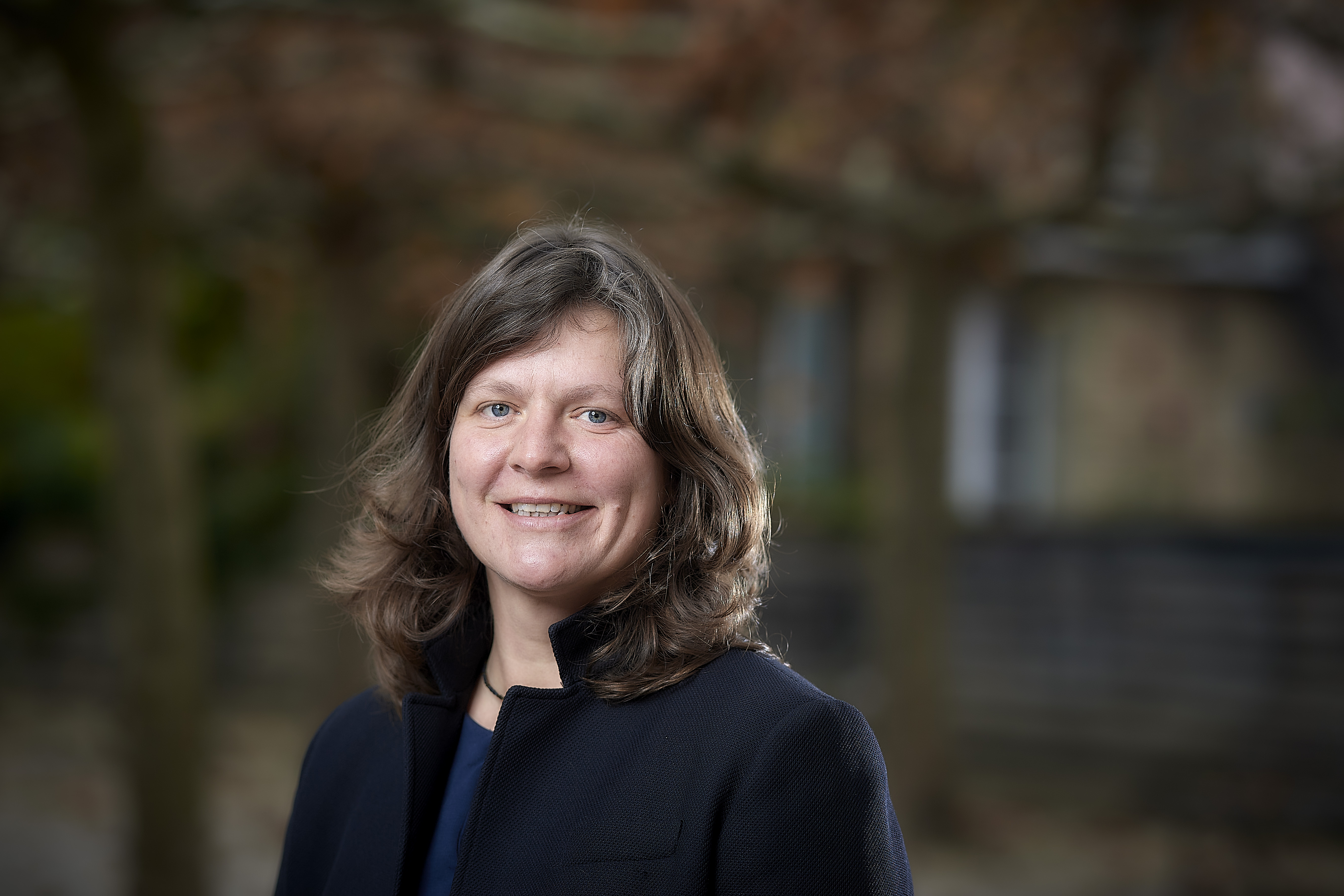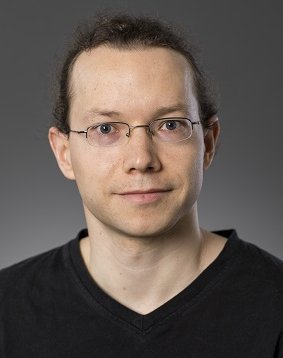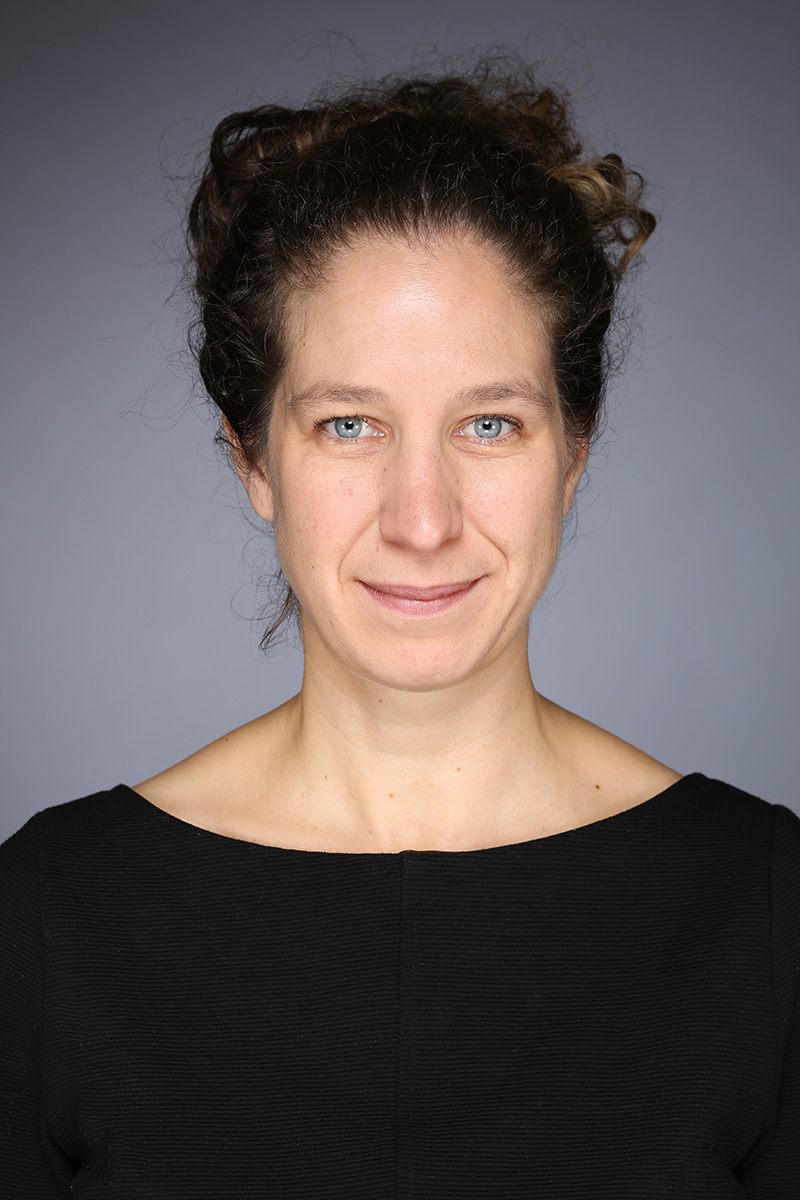Four Bern researchers receive SNSF Consolidator Grants
The Swiss National Science Foundation (SNSF) awards four scientists from the University of Bern an SNSF Consolidator Grant 2022 each. The funded research projects address wildfire resilience in Europe, religious interactions in the early Middle Ages, the search for physics beyond the standard model, and the intercontinental transfer of Christian body relics.
Due to Switzerland's current status as a non-associated third country in the Horizon Europe framework program, the SNSF launched the transitional measure "SNSF Consolidator Grants 2022" on behalf of the federal government. This was aimed at scientists who wanted to conduct their research in Switzerland and consolidate their scientific independence.
Successful projects covering the entire scientific spectrum
Four researchers at the University of Bern are receiving such a Consolidator Grant in the current call for proposals: Prof. Dr. Katharina Heyden, Professor at the Institute of Historical Theology, Prof. Dr. Martin Hoferichter, Professor at the Institute for Theoretical Physics, Prof. Dr. Urte Krass, Professor at the Institute of Art History and Dr. Christine Eriksen, currently Senior Researcher at the Center for Security Studies at ETH Zurich. Christine Eriksen will conduct her research project at the Institute of Geography, University of Bern.
"The four research projects from different scientific subfields reflect the interdisciplinary nature of our comprehensive university. I am delighted with the successful applications for this SNSF research grant, which also once again demonstrates the University of Bern’s competitiveness," says Hugues Abriel, Vice-Rector for Research at the University of Bern. "However, it remains a concern that researchers from Switzerland cannot apply for grants of the European Research Council (ERC). Research relies on networking and international collaboration."
The four projects:
Building Wildfire Resilient Communities in Europe (FiRES)Dr. Christine Eriksen, currently a Senior Researcher at the Center for Security Studies at ETH Zurich, has been awarded a CHF 1.8 million SNSF Consolidator Grant for a research project on wildfire resilience in Europe. The project will run for five years. The project will be hosted by the Land Systems and Sustainable Resource Use (LNR) Group of the Institute of Geography at the University of Bern. About the project:This project – FiRES – focuses on wildfires as a critical example of the type of climate-related hazards that large parts of Europe will face regularly in the coming decades. It asks: what factors enable people to prepare, survive, and recover physically and mentally from catastrophic wildfires? The project will marry online surveys, in-depth interviews, narrative analysis, and action research to learn from wildfire-impacted residents, community champions, and civil protection personnel in rural and wildland-urban interface sites ranging from the fire-prone Mediterranean to increasingly at-risk regions in northern Europe. "Europe has a unique opportunity to tackle the growing social challenges posed by wildfires. The project seeks to empower communities and civil protection personnel with knowledge and skills now before the threat becomes acute across the continent," explains Christine Eriksen. About Christine Eriksen:Dr Eriksen is currently a Senior Researcher in the Center for Security Studies at ETH Zürich and the Editor in Chief for the “Fire Social Science” Section of the journal Fire. From 2007 until 2020, she worked as a social scientist at the University of Wollongong, Australia (UOW). Dr Eriksen holds a PhD (UOW, 2010) and a Master of Arts (KCL, 2004) in Human Geography and a joint-Honours-Bachelor degree in Geography and Social Anthropology (SOAS, 2003) Dr Christine Eriksen gained international recognition as a ground-breaking disaster researcher by bringing natural hazards – and in particular wildfires – into dialogue with social geography. Her widely published and award-winning research has focused on case studies in multiple countries and continents, including Australia, North America, Europe, and Africa. She is the author of two books and over 80 articles, which examine social dimensions of wildfires in the context of environmental history, cultural norms, political agendas, and climate change. |
Religious Interaction and Co-Production: Jews, Christians, and Muslims in the Entangled Early Medieval OccidentProf. Dr. Katharina Heyden, Professor at the Institute of Historical Theology has received an SNSF Consolidator Grant in the amount of CHF 1.7 million for a research project in the field of religious interactions. The duration of the project is five years. About the project:Jews, Christians and Muslims have lived together in Europe since the 8th century and have significantly shaped the continent politically, scientifically and culturally. But what impact did the coexistence and confrontation have on the three religious communities’ understanding of themselves and of each other? The interdisciplinary project team will describe the history of the three religious traditions as a history of permanent mutual co-production and intertwined identity formation. Co-production means the constant shaping and reshaping of religious traditions in interacting with and reflecting on each other. The ambivalent dynamics and potentials of the co-production of Judaism, Christianity, and Islam will be examined using particularly significant sources and case studies. As the intertwined history of the three religions could lead both to peaceful coexistence and recognition as well as to hostility and violent repression. Sources and case studies are made freely available in a digital archive. “Judaism, Islam, and Christianity are often portrayed as three clearly distinct religions with independent traditions. By challenging these single-lined historical images, my research can help combat antisemitism and Islamophobia in our (post)Christian societies,” says Katharina Heyden about her research project. About Katharina Heyden:Katharina Heyden comes from East Berlin and studied theology in Berlin, Jerusalem and Rome. Her academic career also led her to the universities of Jena and Göttingen. Her research focuses on interreligious contacts and conflicts in antiquity and the Middle Ages, especially literary controversial dialogs and interreligious places of worship, Christian ways of life and images of God, as well as archeology and art. Her publication list on these topics includes four monographs, ten edited books, and over 50 articles. She has been a Professor for the Ancient History of Christianity and Interreligious Encounters at the University of Bern since 2014. Katharina Heyden headed the “Religious Conflicts and Coping Strategies” inter-faculty research cooperation from 2018 to 2022. She teaches regularly in Jerusalem and Rome. In 2020, she was awarded the Credit Suisse Award for Best Academic Teaching. In the summer of 2021, she was a senior fellow at the Martin Marty Center for the Public Understanding of Religion at the University of Chicago. |
Searching for physics beyond the standard model in low-energy precision observablesProf. Dr. Martin Hoferichter, Professor at the Institute for Theoretical Physics has received an SNSF Consolidator Grant of 1.75 million CHF for a five-year project in the area of theoretical particle physics. About the project:All known elementary particles are described by the so-called Standard Model of particle physics, yet despite all its successes the theory fails to explain phenomena such as dark matter or the matter-antimatter asymmetry in the Universe. Strategies to reveal the required physics beyond the Standard Model include the study of collisions at the highest available energies in particle accelerators (the so-called “Energy Frontier”), but also the search for small deviations from theory predictions in low-energy precision observables (the so-called “Precision Frontier”). The aim of the project concerns improving the theory predictions within the Standard Model, for a set of experiments at the Precision Frontier, to maximize their discovery potential. Martin Hoferichter says about the project: "The University of Bern is the ideal location for my research due to strong groups with adjacent research interests, leading to synergies that should help contribute to the success of the project." About Martin Hoferichter:Martin Hoferichter received his PhD in theoretical physics from the University of Bonn in 2012. Between 2012 and 2015, he held postdoctoral positions at the University of Bern and the TU Darmstadt. Subsequently, he was research assistant professor at the University of Washington (Seattle) until 2019. Since 2020 he has been "SNSF Eccellenza Fellow" at the Institute for Theoretical Physics at the University of Bern. |
Global Bones. Entangled Histories, Transfers and Translations in the Early Modern AgeProf. Dr. Urte Krass, Professor at the Institute of Art History has received an SNSF Consolidator Grant in the amount of CHF 1.53 million for a research project in the field of intercontinental transfers of relics. The duration of the project is five years. About the project:Human remains occur in all cultural contexts, but are valued and handled very differently. Beginning in the 15th century, in the wake of European expansion, Christians transported the venerated bodily relics of their saints in large numbers across borders and continents. The "Global Bones" project describes and analyzes these intercontinental transfers of relics and uses regional case studies to examine the negotiations that took place between actors from different cultural traditions over the handling of body relics. The goal is to identify points of intersection manifest in the visual and material qualities of objects and images that emerged from these encounters. Five regional projects focusing on specific areas in West Africa, Asia, Latin America, and Europe will examine the role that corporeal relics played in contact situations and ask whether the geographic and cultural transfers of relics led to new forms of their presentation and veneration. A transversal project will feed the collected data and images into a web-based data management system and create a sustainable foundation for future research. "The Global Bones project will implement a better understanding of the cultural, social, psychological and emotional importance of dealing with and transferring human remains. It intends to contribute to the current debate on how to deal with human remains that are part of the colonial legacy and many of which are still kept in Western (and also Swiss) museums today", says Urte Krass. About Urte Krass:Urte Krass received her doctorate from the University of Hamburg. She worked at the Kunsthistorisches Institut in Florence (Max-Planck-Institut) and at the LMU Munich, where she also habilitated. Since 2018, she has held the Chair of Early Modern Art History at the Institute of Art History at the University of Bern. Her research focuses on political iconography, the material and visual culture of Christian veneration of saints as well as on Early Modern transcultural negotiation processes via artifacts and images. Krass is the author of "Nah zum Leichnam. Bilder neuer Heiliger im Quattrocento" (Berlin/Munich 2012) and editor of "Visualizing Portuguese Power. The Political Use of Images in Portugal and Its Overseas Empire (16th to 18th Century)" (Zurich/Berlin 2017). Her book entitled "The Portuguese Restoration of 1640 and Its Global Imagery. Political Iconography and Transcultural Negotiation" is forthcoming. |
2023/02/08





